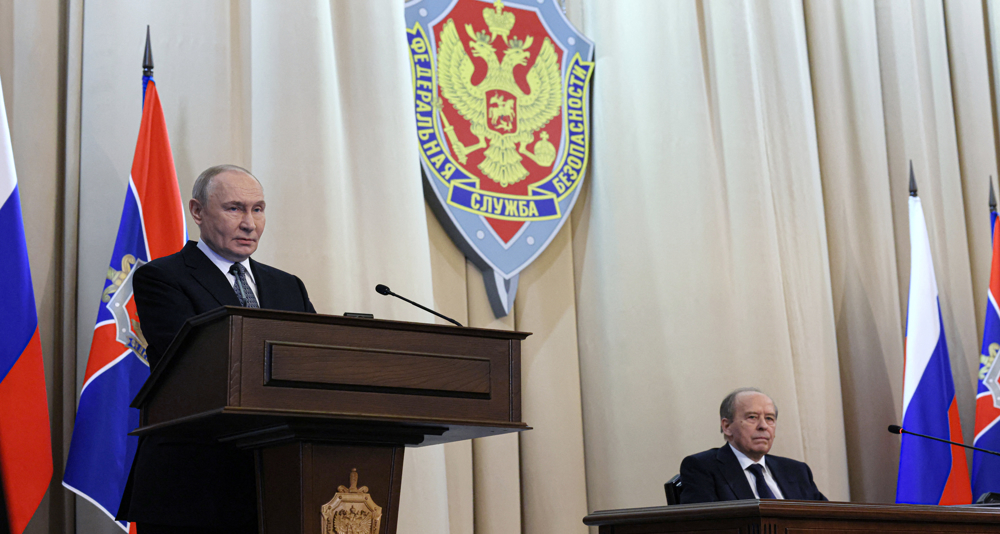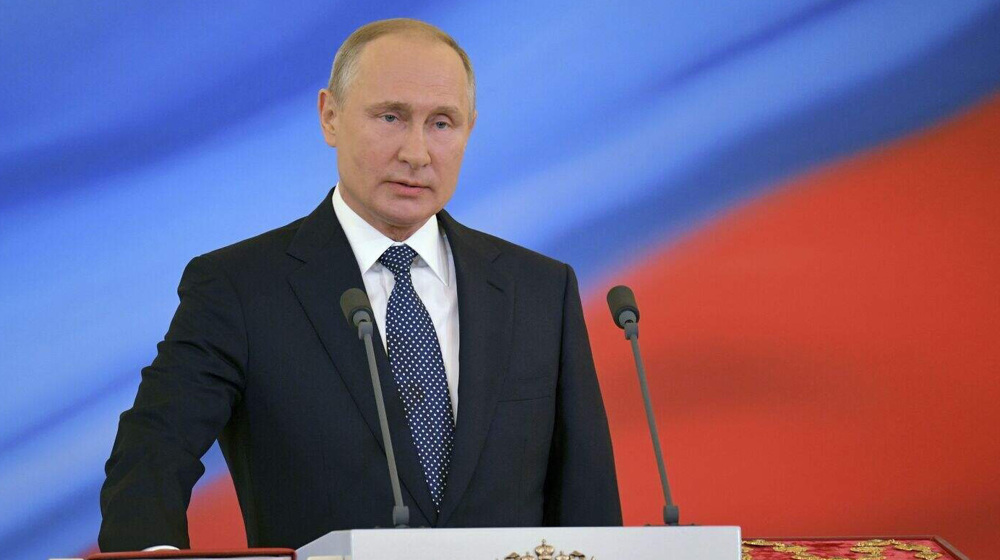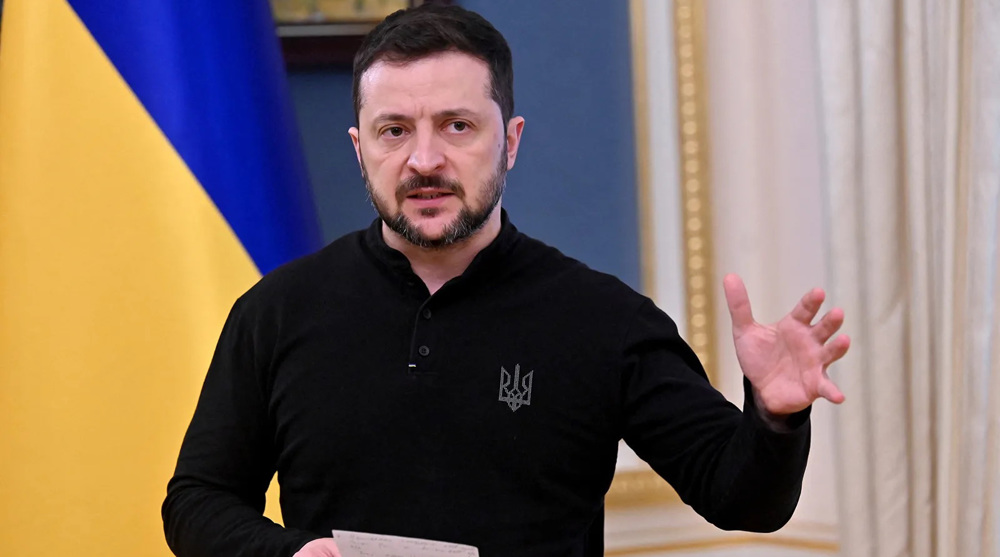Russia’s NATO envoy says plans to attack Poland are absurd
Russia’s envoy to NATO says suggestions over alleged Russian plans to attack Poland are “completely absurd.”
“During the NATO secretary general’s recent visit to Poland, officials in this country [Poland] made statements suggesting that from now on Russia would know that any attack on Poland would mean an attack on NATO as a whole. This is completely absurd because they are discussing a non-existent problem. There are no plans for any attacks on Poland,” said Aleksandr Grushko during a television interview on Tuesday.
He noted that it was very dangerous for NATO to initiate plans on these false presumptions.

“Their policies dwell in surreal reality and the most dangerous thing is that now they start to implement these policies in the form of military planning and preparations on the territories adjacent to our borders,” he added.
He further said that these presumptions were nothing but myths circulated to justify NATO’s current actions in the region.
“All these weird games [and] false suggestions that NATO members have no own armies, they will end sooner or later because it is difficult to constantly live in the fog of an ideological campaign based on nothing,” Grushko (seen below) stressed.

He also noted that NATO's recent drills in the Baltic region did not threaten Russia.
“What we see now in the Baltic is nothing but an attempt to push through the military build-up with the very same hostile policy that has been recently conducted by NATO. I would not say that this is any direct danger for the Russian Federation, but it is still obvious that such moves create serious risks, because we see a completely new military reality taking shape along our borders,” he said.

He further noted that measures being carried out on NATO’s eastern borders will not remain without a “military-technical and political response.”
NATO has stepped up its military buildup near Russia’s borders since it suspended all ties with Moscow in April 2014 after the Black Sea Crimean Peninsula re-integrated into the Russian Federation following a referendum.
On Monday, the US-led military coalition began 10-day exercises, involving some 31,000 troops from Poland, the US, and several other NATO nations. Military preparedness and cooperation between allied commands and troops are expected to be tested during the drills.
The largest contingent of about 14,000 soldiers was sent by the United States to take part in the maneuver. Around 3,000 vehicles, 105 aircraft and 12 naval vessels will also be involved in the drills.

Earlier, Kremlin spokesman Dmitry Peskov said that the NATO drills do not contribute to an atmosphere of trust and security across Europe.
"In any case, the military drills, which are based on legends about a quite unambiguous indication in an understandable way, definitely, do not contribute to the atmosphere of trust and security."
Senior officials in Moscow have repeatedly accused NATO of seeking confrontation, describing its military buildup as a security threat to Europe. Russia has also criticized NATO’s expansionist policy to include countries in the Western Balkan region, saying the move directly harms Russia’s strategic interests in the area.
Iran rejects UN resolution on Ukraine for lack of support for lasting peace
Leading Iraqi group condemns US threats of aggression against Iran
Iran slams CIA recruitment video, seizes sat gear in diplomat’s luggage
Democrats press Trump to explain rationale behind new Iran strike amid warnings about dire risks
VIDEO | Press TV's news headlines
VIDEO | Ex-UK envoy to US arrested by British police
Department of Justice withholds, removes Epstein files that reference Trump: Probe
FM says historic opportunity at hand for unprecedented deal; vows Iran will defend sovereignty













 This makes it easy to access the Press TV website
This makes it easy to access the Press TV website